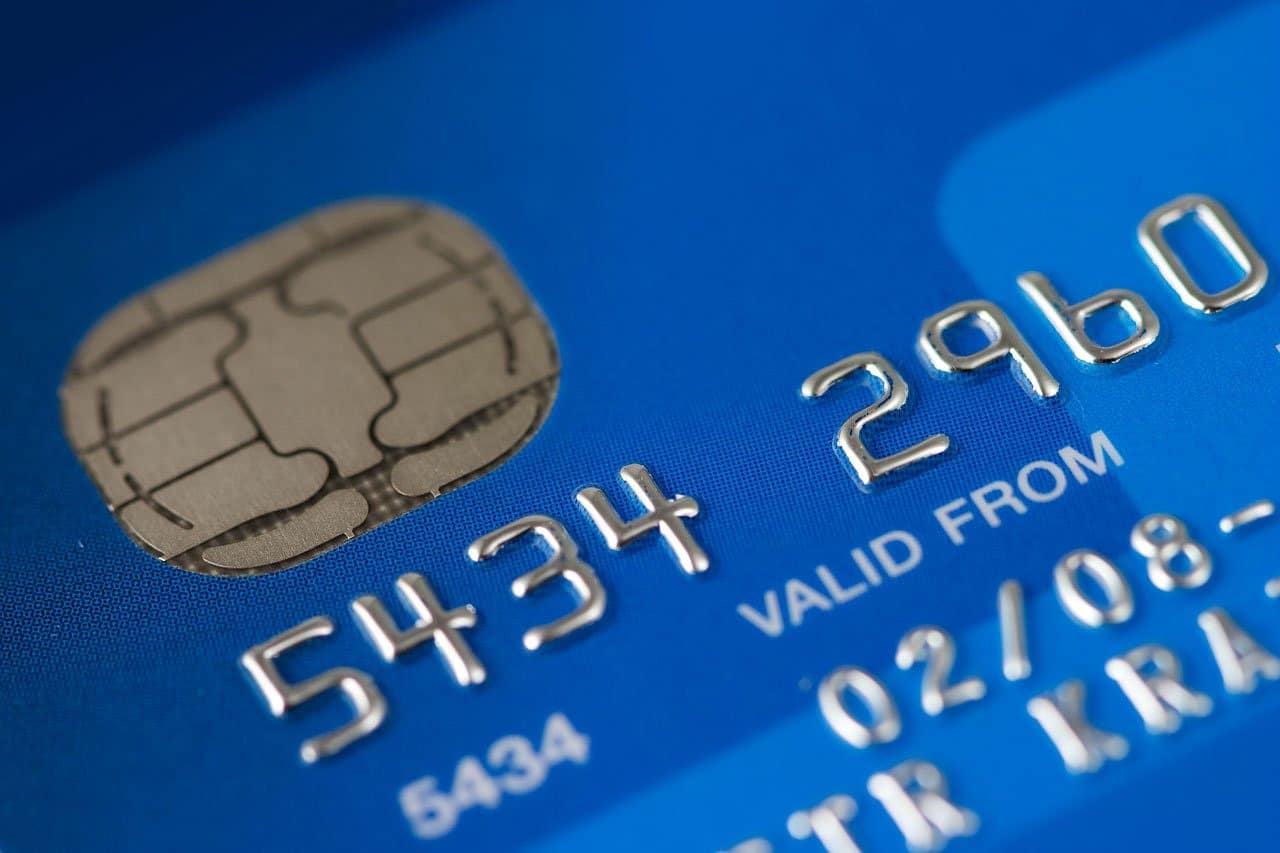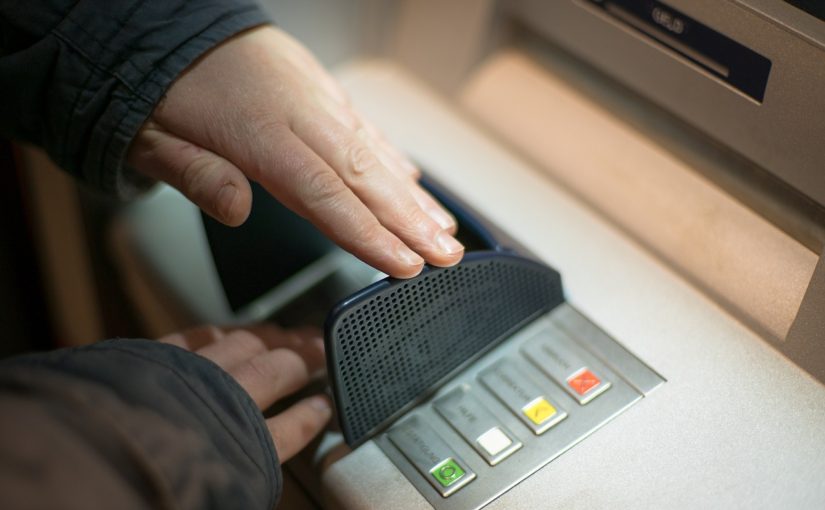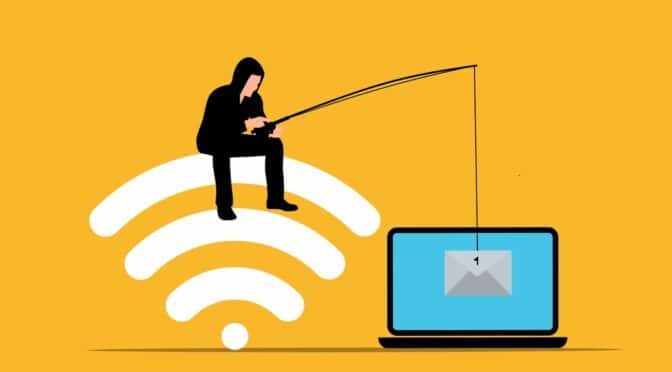Checking bank statements may not top your list of fun things to do. But when thieves steal from your bank account you need to know right away and report the theft immediately. It’s likely your bank won’t alert you, or make good on the loss if you don’t act quickly. A smart woman who learned this the unpleasant way drove the point home to us when she reached out to ConsumerMojo.com for help.
The Atlanta resident — we’ll call her Sandy — emailed and explained that thieves stole $3,000 from a small business account she had with SunTrust, or maybe it was one thief. She didn’t bank online, but used the account to pay a couple of recurring monthly bills through separate automatic debits. Sandy said she was shocked to find that money was transferred out of her account with an unauthorized debit.
When she began to think about how it could have happened, she remembered that a couple of months earlier a check she mailed to pay a bill was stolen. “I assumed the person who stole the check used my information to steal from my bank account,” she said. As soon as Sandy discovered the problem, she went to a SunTrust branch to get help.
A banker looked up her account and saw two additional fraudulent debits and told Sandy the bank would cover the loss for all three thefts. “I asked them to close my account, and I opened a new one with the bank to transfer the money I had left,” she said.
Sandy didn’t check her bank statements again for more than two months. When she did, she saw the $3,000 fraudulent debit on the old account, which she thought had been closed.
But the legal burden was on Sandy to report the theft immediately. Her late discovery and late reporting threatened to cause her to lose her money. But we’ll get to that in a minute.
The Federal Reserve Board reports that bank account fraud is on the rise and it’s studying the problem of electronic transfer fraud, wire fraud and check fraud. In 2018 it found that because there’s more electronic banking on a variety of devices there’s a rise in thefts. Scammers stole $8.34 billion through electronic transfers in 2015, the last year for which it has statistics. That’s up from $6.10 billion in 2012.
Banks operate by a set of rules that consumers might not understand or realize exist. The burden of reporting a theft falls to the consumer. “Consumers need to report unauthorized charges if they see them,” Lauren Saunders of the National Consumer Law Center told us.
That means you are responsible for flagging fraud or thefts in your accounts according the the Federal Reserve’s Electronic Funds Transfer Act
-
- 1. If you didn’t lose your debit card and money disappears from that account, you are not liable for any charges if you report the theft within 60 days. If you wait more than 60 days you won’t get all the money back.

Small and medium-sized businesses also have seen a rise in electronic theft. But the rules for reporting if you want to recover money are much tougher. Many banks and financial institutions belong to the National Automated Clearing House Association (NACHA), the organization that manages the electronic payment system and sets rules that you find in the small print when you open an account.
1. If you have a business account you may have just 24 hours to report a theft. This could vary depending upon your bank, but don’t count on it.
SunTrust told Sandy that she didn’t report the loss within a 24-hour period and so she was out of luck and $3,000. In a letter rejecting her claim, it said that her money was transferred to another business, or B2B. The letter said, “…based on NACHA rules a return request for a B2B transaction must be submitted within 24 hours.”
We reached out to SunTrust and pointed out that Sandy told us she had asked the bank to close the account targeted by thieves. Apparently that didn’t happen quickly enough. SunTrust promised to investigate.
We followed up and Hugh Suhr of the SunTrust media relations team emailed, “We’re continuing to look into the matter and will communicate directly with our client about it.” A little more than a week later Sandy went to a SunTrust bank and reviewed her new account. She found a refund for $3,000.
“I’m thrilled,” she told ConsumerMojo.com. “I had lost all hope of getting the bank to do the right thing.
The bottom line for everyone, individual consumers and business people:
-
- Check your accounts every day.
- Report losses immediately.
- Put the report in writing.
- Keep a record of your communications with the bank.
-
If you don’t get satisfaction, you can file a complaint with the Consumer Financial Protection Bureau (CFPB). Under the Trump administration the CFPB is no longer a strong consumer advocate. But if enough people complain, someone has to listen. Right?



